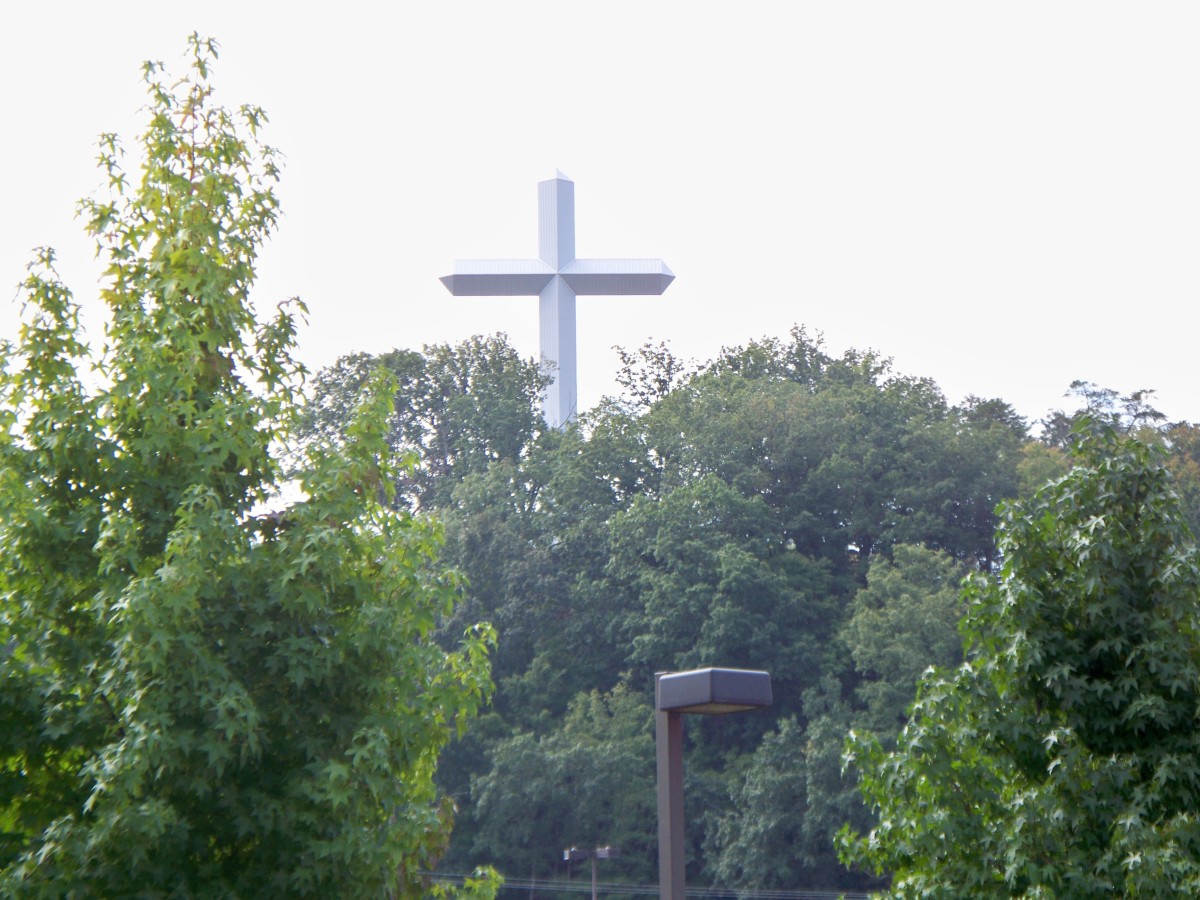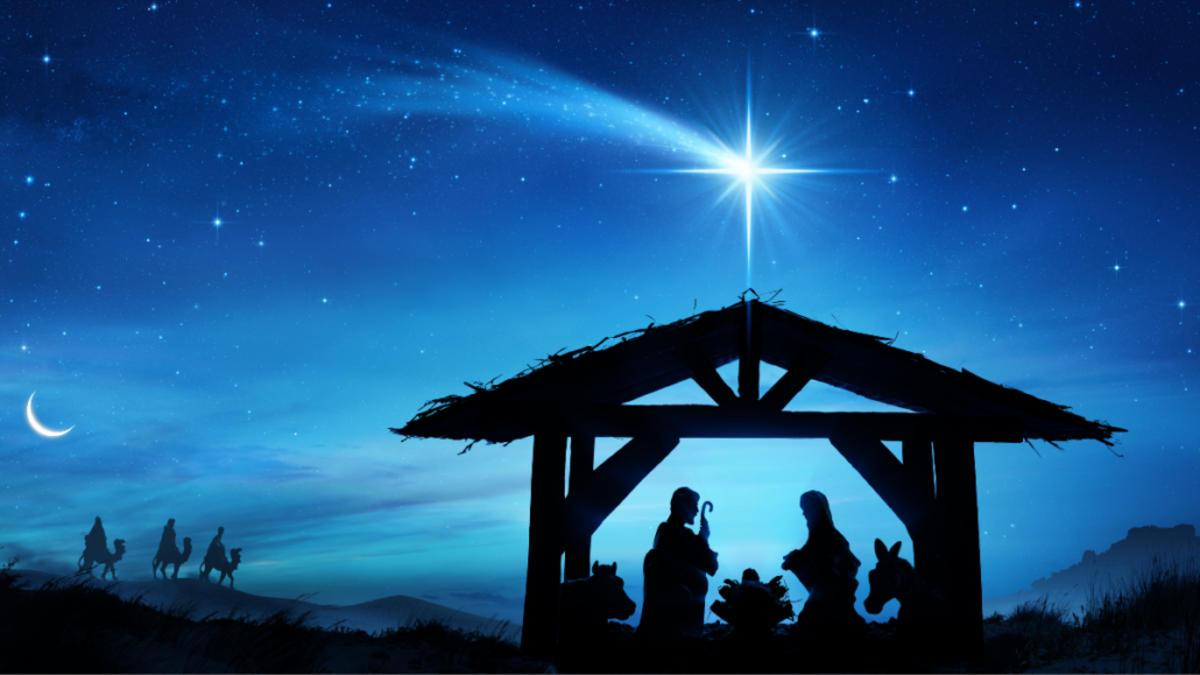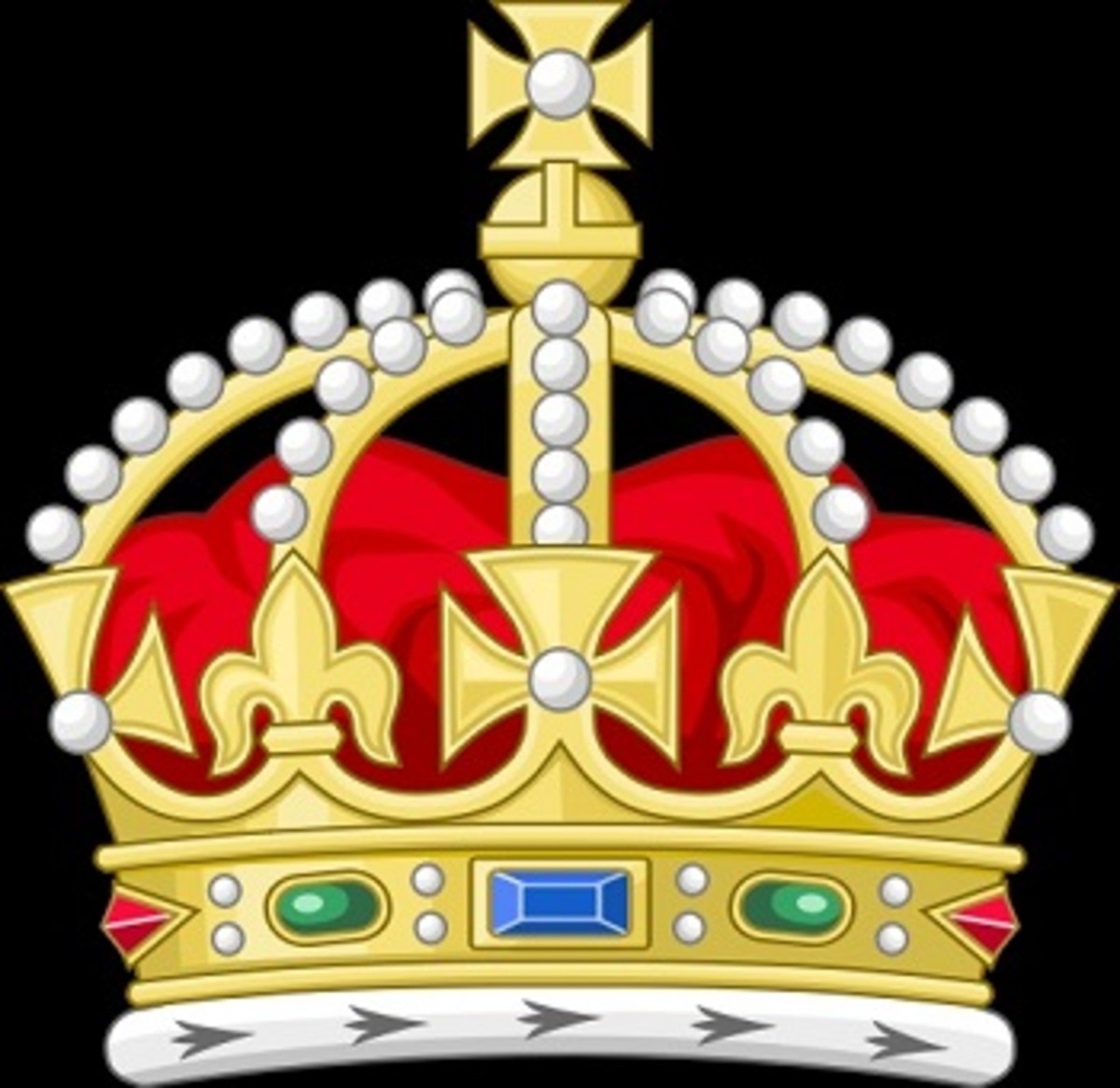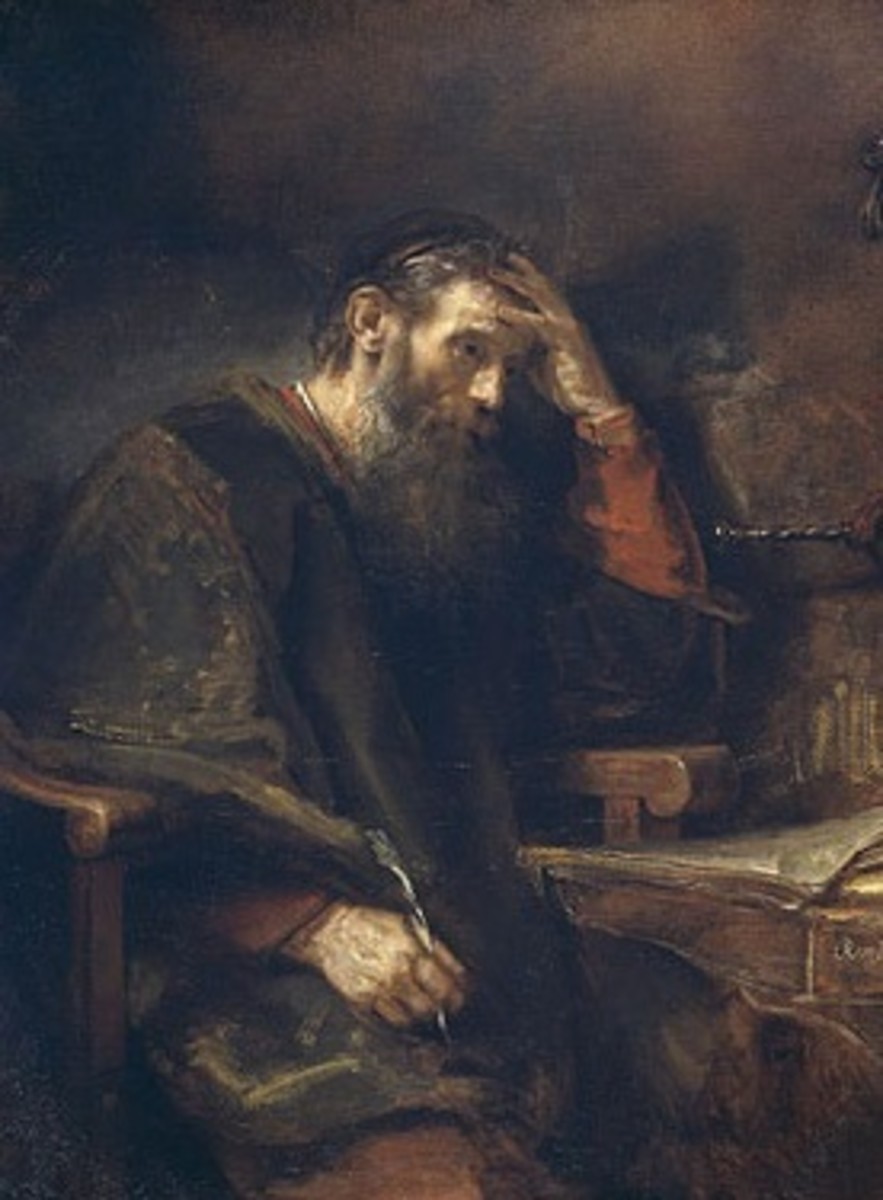Mariology (The First Disciple)
The First Disciple
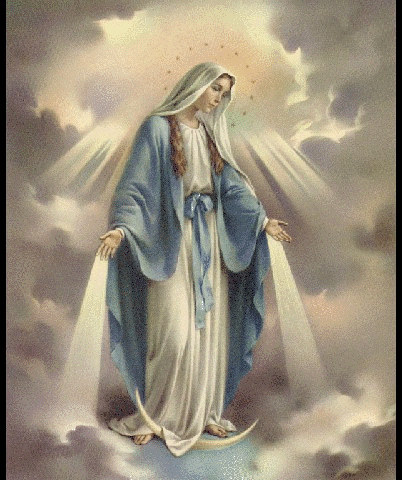
Christ's First Disciple
Mariology, for many of us who are not religious scholars or follow the Catholic tradition of faith this term might seem a little foreign. In simple terms, Mariology is the study of Mary, the mother of Jesus, as a disciple. If you follow the Christian faith, you know of Mary’s role as the mother of Jesus, but did you know that she has been studied as being a disciple as well for many years. Up until Vatican II, Mariology was a very mainstream as a source of study for many scholars, but it took a backburner to the topics brought about by Vatican II. In recent times however, it has slowly been making its way back into mainstream study. How could Mary be considered a disciple, when there is so little written of her in the bible and what is written deals almost directly with the birth of Jesus? But if we look at the passages from the four gospels and the Book of Acts very carefully we can determine how this is indeed possible.
Although Mariology is making a slow return, the title “Mariology” is not really openly used. There are however, a few scholars who have studied, written and discussed this topic and in the course of this paper will be referenced in support of the topic of Mariology.
First let us look at the question, how could Mary be considered a disciple? If we look to the bible we will find that Jesus considered anyone who “heeded the word of God and acted on it” a disciple. Saint Augustine states in his one of his sermons “Didn’t the Virgin Mary do the will of the Father?... Yes, Of course, Holy Mary did the will of the Father” (St. Augustine). This is an example Mary being considered a disciple prior to Vatican II.
Mariology of today differs from prior study as a result of a new understanding of the nature of the theology itself. Today’s study has Christ as the focal point of interest concerning Mary, prior study held Mary as the focal point. In theology, Mariology is considered a “science”. The older version is considered wrong by most modern scholars as it failed to answer certain questions. As pointed out in an article entitled “Mary the perfect Disciple: A Paradigm for Mariology”, “what are the key features and what is the fundamental principle?” (Bearsley). Because of these questions it has been proposed that Mariology rests on a complex principle or on a double principle. But these theories were not accepted by the majority of scholars.
Another scholar took the biblical approach. When looking at Jesus’ biological family versus his eschatological family, we see that Jesus held those who heard and did the will of the Father in higher regard. And this can be seen in all four gospels. In Matthew and Mark, it appears that Jesus held his biological family in distain over his eschatological family if we look at the passages concerning his family coming to see him and waiting outside. Jesus comments when told his family is asking for him outside, “who is my mother, brothers…pointing to his disciples…those who do the will of my Father are my mother and my brothers”. Luke and John however, hold Mary in a very much different light. Luke omits the question of Jesus’ family and instead just has him stating that his family is those who hear and do the will of God. This paints Mary in a much better light. Luke also places the story of Mary’s conversation with God concerning Jesus and says “ she is God servant and would do his will”. This is covered to even greater detail when she visits Elizabeth, because then not only is Mary following the hearing and following the word of God, she also is spreading the good news. And these are key elements of being a disciple. This is witnessed and confirmed by Elizabeth. John holds Mary as hearing and following Gods will from the start. Although she only appears in two places, she is portrayed as hearing and following the will of God in both. In the first, the story of turning water into wine, she not only knows of the power of Christ, but she also leads others to him when she tells the servants to “do as he tells you”. In the second, Mary is found at Calvary with the “beloved disciple”. Jesus says “She is your Mother and He is your Son” this is a very significant comment for Mariology. Not only is the beloved disciple the one who Jesus loved above others, but by saying Mary was his mother lends itself to Mary being the mother of all future disciples.
Mary being the mother of all disciples can be compared to the Church as the Church is also to give “birth” to new disciple. This is one of the reasons Mary is often referred to as the “Mother of the Church”. Her status as the Virgin Mother is also quite significant. Since she was voluntarily a virgin, she was completely dedicated to God by her choice. This plays a huge role in today’s clergy, by choosing to be virgin and have only Christ as a spouse, they are held completely dedicated to God as well and hold Mary as the example.
So far we have discussed a few things that would hold Mary as being a disciple. But she the perfect example of one, who hears, follows and spread the word and will of God. And this is what defines a disciple. It is hardly a wonder that Mariology is growing as a field of study in theology. In modern time with women liberation, many women look to Mary as the example to follow. It can be said that for someone mentioned so little in the bible, she is probably the most famous woman who has ever lived (Brown). With the emphasis that the Catholic church places in Mary, it is little wonder that many religious scholars are taking those few passages and delving deeper into their meanings as Mary being the perfect disciple. Of course, Mary is not the savior, nor is she the way to God, that is only accomplished through Christ. With that being said, she does play a very vital role in the almost every aspect of the Church when taken in conjunction with Christ.
Even with the new thoughts on Mariology, there are those who argue deficiencies. Patrick Bearsley notes Rene Laurentin from a recent Bulletin article. Laurentin mentions the emphasis on Mary as a socialcultural image, a mth and an archetype with little attention to the fact of her being a real person. Mary is concretely set in the bible and is portrayed as an actual person and not a mythical character. Any point made is the insistence on the relativity of Mary. She is seen as relative to Christ or to the Spirit and can be seen in a negative light as her only being of interest in relation to only Christ. But, this is a key feature of her as a person and as a disciple. A last note made, is most modern study has lost contact with living traditions. But Mary as disciple is very much tradition as we seen earlier with the sermon from St. Augustine. It is directly because of her total dependence on God that she is free from man’s dealings.
Bearsley holds Mariology as a paradigm for explaining the mystery of Mary. It is a unifying force in any discipline and provides a perspective to view the material studied. The paradigm of the perfect disciple performs this function for Mariology. It unifies the study (Bearsley). A paradigm of course, is not a fundamental principle built in a logical pattern from a foundation, but it allows a theory to grow from reflection on information received by revelation.
Mariology is an evolving study with scholars such as Bearsley, Brown, Julian and others starting to voice some of the findings of this research. If we look solely at what Jesus required for one to be labeled as disciple and we delve into the scarce biblical passages about Mary, we can see that she does indeed fulfill the requirements to be called disciple. And one may be to bold to say, but she would be considered the Perfect Disciple. Modern Mariology is still in what can be considered as the infant stages, but with some great minds doings some groundbreaking studies and finds in the area of study. Any scholar wishing to find a theological area of study that would be in an intriguing area would find Mariology to be very rewarding. Mary through Christ is a very supportive part in the foundation of every aspect of the Church.
Works Cited
Augustine, Saint. "Sermon 72/A, 7." n.d.
Bearsley, Patrick J. "Mary The Perfect Disciple: A Paradigm For Mariology." Theological Studies 41.3 (1980): 461. Academic Search Complete. Web. 9 Oct. 2012.
Brown, Raymond E. "Mary, the First Disciple." St. Anthony Messenger May 1997: Unknown. Online.
Julian, Elizabeth. "Mary Of Nazareth As A Disciple: A Developing Biblical Portrait." Stimulus: The New Zealand Journal Of Christian Thought & Practice 14.4 (2006): 26-28. Academic Search Complete. Web. 9 Oct. 2012.



